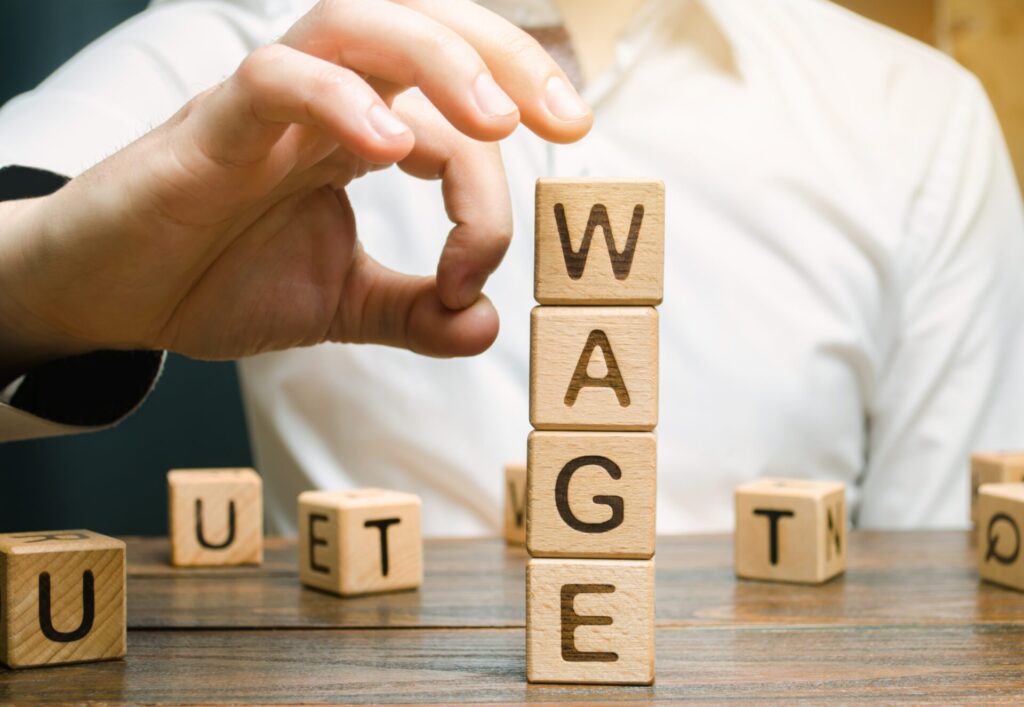Bankruptcy, of any form or chapter, usually comes with a built-in court injunction known as the “automatic stay.”
The legal act of filing for your bankruptcy will commonly trigger the issuance of a court order which will prohibit the continuance of any action by any creditor against you, as the debtor, or your property and holdings.
All your creditors or bill collectors must stop all collection activities immediately when they first learn of your bankruptcy filing. The “automatic stay” will take effect even if your creditor hasn’t gotten official notice or a copy of your filing. So, they can’t even refer to the fact, or say, “I haven’t gotten notice from the court.” They usually must halt all proceedings against you.
The automatic stay is designed by the Loveland court to give you, as the debtor, a bit of breathing room. Your bankruptcy case will bring all the information concerning your assets and all your creditors into the same court. By doing this, all the rights of those concerned can be balanced fairly. In this way, the stay also protects your creditors from being cut out of payment by other, more aggressive, creditors or collectors.
There may be certain limitations to the automatic stay if certain conditions exist. For example, If this isn’t your first bankruptcy, the stay may be limited. If you had a prior bankruptcy case dismissed in the past year, the automatic stay may last only 30 days. If you had two or more cases pending in the past year but dismissed, there actually may be no stay at all! In these situations, you, and your bankruptcy lawyer, must file a separate motion with the court to attempt to uphold the protection of the automatic stay.
Every bankruptcy case involves different financial details and situations. The only rational way to know your exact options in your case is to consult with a professional Loveland automatic stay lawyer. By doing so, you have the best chance of getting all the financial protection you need and are legally entitled to.
How Long Does the Automatic Stay Usually Last?
Various legalities may limit the term of the automatic stay. However, usually, the automatic stay will remain in effect until:
o Your bankruptcy judge lifts the stay at the specific request of a creditor.
o You, as the debtor, receive a discharge.
o Your bankruptcy case is closed.
o Specific items, or property, are no longer property of your estate.
Accordingly, in a chapter 7 bankruptcy case, the stay may prevent an immediate foreclosure on a debt secured by real estate. The stay may expire, however, and your creditor is freed to proceed if you get a discharge. Certain conditions must be present, such as the assumption that there is no nonexempt equity in the property for the bankruptcy estate.
In most cases, if there is equity, then the asset remains the property of the estate and could be protected.
In a chapter 13 bankruptcy, the stay commonly remains in effect for the life of the court formulated the Chapter 13 plan.
You begin to see how complex these cases can be, but you are doing this to get a new financial start and move on with your life. Consulting with a professional and knowledgeable Loveland bankruptcy lawyer, and sifting through all the pertinent details of your case, will provide you with all the tools you need for you to move forward with confidence.
Are There Any Proceedings the Automatic Stay Will Not Stop?
The simple answer is yes, an automatic stay may not stop all legal proceedings.
Some things that may be excluded from the automatic stay are:
- Any possible criminal proceedings.
- Actions involved in a family support order or any modification of such an order.
- Any actions to collect support from property that may not be the property of the estate.
- Tax audits, or demand for tax returns or assessment of tax. The actual collection of the tax amount may still have stayed: Most tax authorities, much to their dislike, are subject to the stay just like any other creditor.
These may be common, but in certain circumstances, others may pertain and may not be stopped. Your bankruptcy lawyer, familiar with all the rules and regulations about automatic stays, will know what they are and aggressively help you in dealing with these exceptions.
What Happens If Any of My Creditors Violates an Automatic Stay?
Any of your creditors who willfully, and knowingly, violate your automatic stay could be held liable for actual damages caused by their violation. These damages could include your lawyers’ fees accrued while stopping the violation, and any other damages that you, as the debtor, can prove were due to their violation. In extreme situations, the violator may even be liable for costly punitive damages.
Any court, including those in Loveland, Colorado, may take several days or weeks to mail all your creditors notice of your bankruptcy filing. If a creditor or collector is harassing you or looming, your lawyer will usually give them actual notice by phone, fax, email, etc. This would be enough to stop most creditors who might otherwise act without knowledge of the automatic stay.
It’s important to note, that any of your creditors that may act in violation of the stay will have no legal effect, and the action would be void or voidable. The offending creditor must void the action and restore you to the precise situation you were in before your automatic stay was violated.
Once again, the complexities of these actions can be many, but your qualified, experienced Loveland bankruptcy lawyer will know how to legally proceed to help you, and your family.
I Need Help To Relieve My Debt, and With an Automatic Stay, How Should I Proceed?
If you’ve made a particularly bad investment, mismanaged your money, or even been adversely affected by the pandemic, you need to consult with the best bankruptcy lawyer you can find. The Holland Law Office in Loveland has been successfully representing Colorado bankruptcy clients in a myriad of cases. They are immediately ready to dig into the details of your case, expedite it no matter what financial circumstances caused your problems, or are involved. Consult with them first, and get your finances and life back on a prosperous track.









